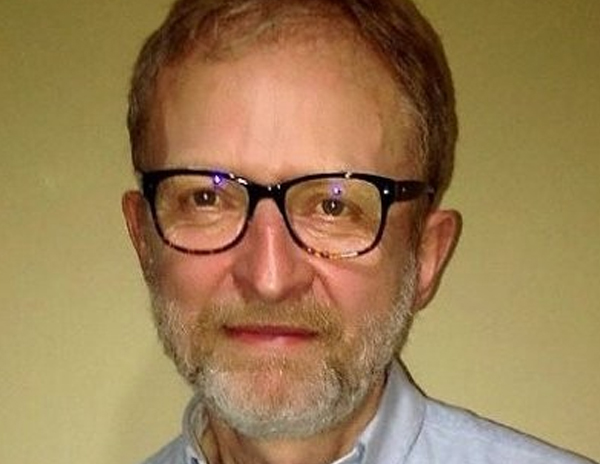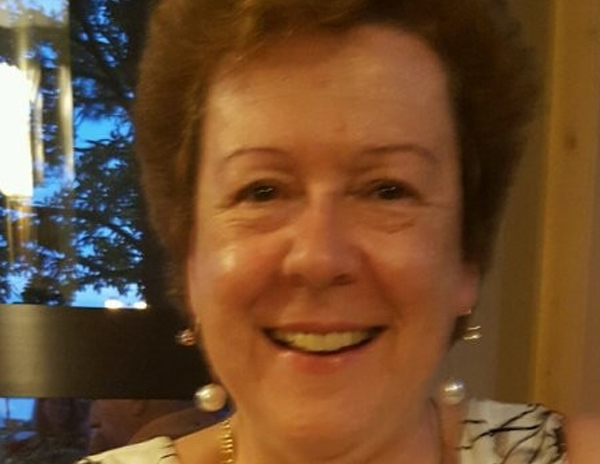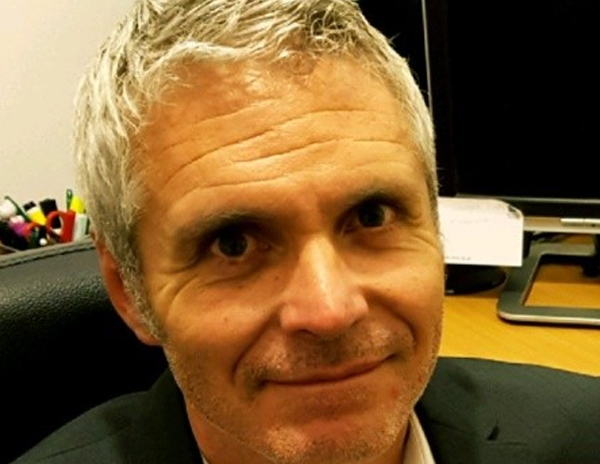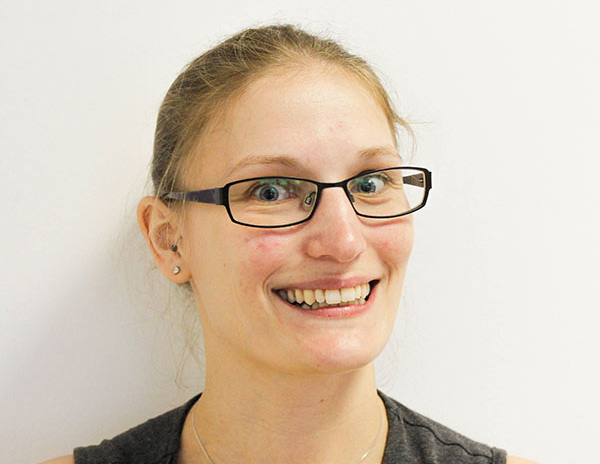School counselling provides children and young people with opportunities to discuss and address concerns and worries. School counselling provides a safe space within a school and includes education staff in the strategies used to support an individual in overcoming their difficulties or concerns.
Our School Counselling Team is made up of:
Our School Counselling Team is overseen and supervised by our team of qualified psychologists and mental health professionals, including social workers and primary mental health workers. Being part of the wider EHP team our School Counselling Team receive clinical supervision in addition to professional guidance.
EHP is registered with all major professional memberships.
Our School Counselling Team offer two services. The first is our school-commissioned counsellor service. Our second is our school counselling supervision service.
School-commissioned counsellors improve social, emotional and mental health by providing counselling services to children and young people within education settings whilst receiving supervision from our specialist psychologists. Our school counselling supervision services make existing counselling provision more effective.
School-based counselling is one of the most prevalent forms of psychological therapy for young people in the UK....Evidence shows that school staff, children and young people evaluating the service, are positive about school-based counselling, viewing it as an effective way of bringing about improvements in mental health and well-being, and helping children and young people to engage with studying and learning. It is an accessible service, increasing the range of options available to children and young people who need to talk to a professional about problems in their lives.
Mental health and behaviour in schools
The School Counselling Team improves emotional wellbeing and mental health through focused assessments and interventions. Our School Counselling Team prevent the escalation of social, emotional and mental health difficulties through:
Our counsellors offer assessments and preventative interventions to children and young people within a non-judgemental atmosphere. It is possible for our team to work with children and young people in parallel support alongside interventions within CAMHS, in addition to providing step down support following a discharge from CAMHS.
Children and young people may be referred by a member of staff to our School Counselling Team for a specific area of concern, however this may not be the subject discussed during sessions. The most common issues children and young people talk about during school counselling sessions are:
Counselling sessions are confidential by nature with the exception of information relating to safeguarding concerns. Specific issues discussed may not be shared with education professionals, although support strategies can be shared without breaking confidentiality.
Our specialist services can be accessed by education, health and other professions working with children and young people.
Counselling is most effective when the child or young person wants to attend sessions. In the event that an individual does not want to take part in counselling then they should be able to make this decision for themselves, and other avenues of support can be discussed with the school counsellor. Our School Counselling Team accept the following:
A specific referral process within the education setting will be discussed and agreed prior to implementing a school counselling service.
When there are concerns regarding a child or young person's mental health then swift action should be taken to promote positive mental health and emotional wellbeing. Our School Counselling Team works with all levels of need. Education staff know the children and young people they support which means that they are in a strong position to recognise the warning signs and risk factors of poor mental health, including:
A school counselling service works within an education setting, and a successful service requires a mutual understanding of expectations between counsellors and education staff. Education settings may decide that specific individuals are 'accelerated' through to the counsellor, others may implement an internal intervention prior to referral, our School Counselling Team will accept all referrals.
As a general rule, any individual younger than 16 would require parental consent to access our school counselling services. There may be specific circumstances when a young person, who is younger than 16, accesses our services without parental consent. In these circumstances we would use professional judgement to make sure that the individual truly understands the implications of counselling and confidentiality, this refers to an individual being 'Gillick competent'.
Lord Scarman's comments in his judgment of the Gillick case in the House of Lords (Gillick v West Norfolk, 1985) are often referred to as the test of "Gillick competency":
"...it is not enough that she should understand the nature of the advice which is being given: she must also have a sufficient maturity to understand what is involved."
He also commented more generally on parents' versus children's rights:
"parental right yields to the child's right to make his own decisions when he reaches a sufficient understanding and intelligence to be capable of making up his own mind on the matter requiring decision."
When a young person is 16 years old then, legally, they do not need parental consent to access our services. For young people over 16 years old, we would gain their consent and advise that they inform their parents or carers they are attending counselling sessions as it is good practice.
For this counselling service to be successful it requires strict confidentiality. Best results will be achieved when there is a trusting relationship between the counsellor and the child or young person they are working with.
EHP's School Counselling Team take confidentiality and safeguarding seriously and follow the safeguarding procedures in place within education settings. In the first session with any child or young person, the counsellor will clearly set boundaries. These boundaries will inform the child or young person what information will and won't be shared. Within the EHP counselling service it is possible for counsellors to share information relating to strategies and advice to teaching staff, without revealing confidential information.
Whilst it is good practice to involve parents/carers and families wherever possible, in some circumstances the child or young person may wish not to have their parents/carers involved with any interventions or therapies they are receiving. In these cases schools should be aware that those aged 16 or over are entitled to consent to their own treatment, and their parents/carers cannot overrule this. Children under the age of 16 can consent to their own treatment if it is thought that they have enough intelligence, competence and understanding to fully appreciate what is involved in their treatment.
Mental health and behaviour in schools, 2016
Counselling improves mental health and emotional wellbeing which can maximise a child or young person's potential and facilitate helpful relationships within the school environment. Our onsite School Counselling Team's services can be accessed by all levels of need, bringing the following benefits to children and young people:
Counselling can be used as an effective holistic intervention among children and young people whose emotional wellbeing is compromised.
School-based counselling is part of an effective whole school approach to mental health and emotional wellbeing. Our School Counselling Team provide the following whole school services in addition to more bespoke requests:
Our whole school services bring the following benefits to schools:
Using our School Counselling Team within whole school approaches provides consistency towards emotional wellbeing and mental health within an education setting.
School based counselling is likely to be most effective where it is delivered as part of a whole school commitment to improving mental health and wellbeing. Emotional health is everyone's business and schools will want to consider the following areas of school practice and how they can work together to best support pupils.
Counselling in schools: a blueprint for the future, 2016
Our School Counselling Team can be used in various ways within education settings according to requirements and budgets. Examples of how our School Counselling Team can be used within education settings include:
Implementation of our School Counselling Team can be discussed during a consultation based on the individual education setting, staff, children and young people involved.
There are many reasons to choose EHP's School Counselling Team to provide social, emotional and mental health input within your education setting. A cost effective and high quality service is provided by our School Counselling Team who:
Improving social, emotional and mental health within education settings through promoting resilience and early intervention brings many long-term benefits to children, young people, staff, families and the community.



Our services can be funded through a variety of ways.
Our strong expectation is that, over time, all schools should make counselling services available to their pupils.
Counselling in schools: a blueprint for the future
Our School Counselling Team provide onsite mental health provision to education settings to increase resilience and emotional wellbeing among children and young people. Individual, group and systemic approaches strengthens mental health interventions within education settings for sustainable long-term changes.
Our specialist multidisciplinary services can be commissioned through a service level agreement and as standalone input.
If you would like to find out more about the services we offer or to book a free initial discussion then please contact us on email office@ehp.org.uk
EHP © Copyright 2026. ALL Rights Reserved.
Part of Tx Group

At EHP we thrive on feedback. We're happy to hear that this page has been helpful to you, would you like to leave some feedback?
At EHP we thrive on feedback. We're sorry to hear that this page wasn't what you where looking for, how can we improve this service?
At EHP we thrive on feedback. We're sorry to hear that there was something on the page you found unsatisfactory, how can we improve this?




